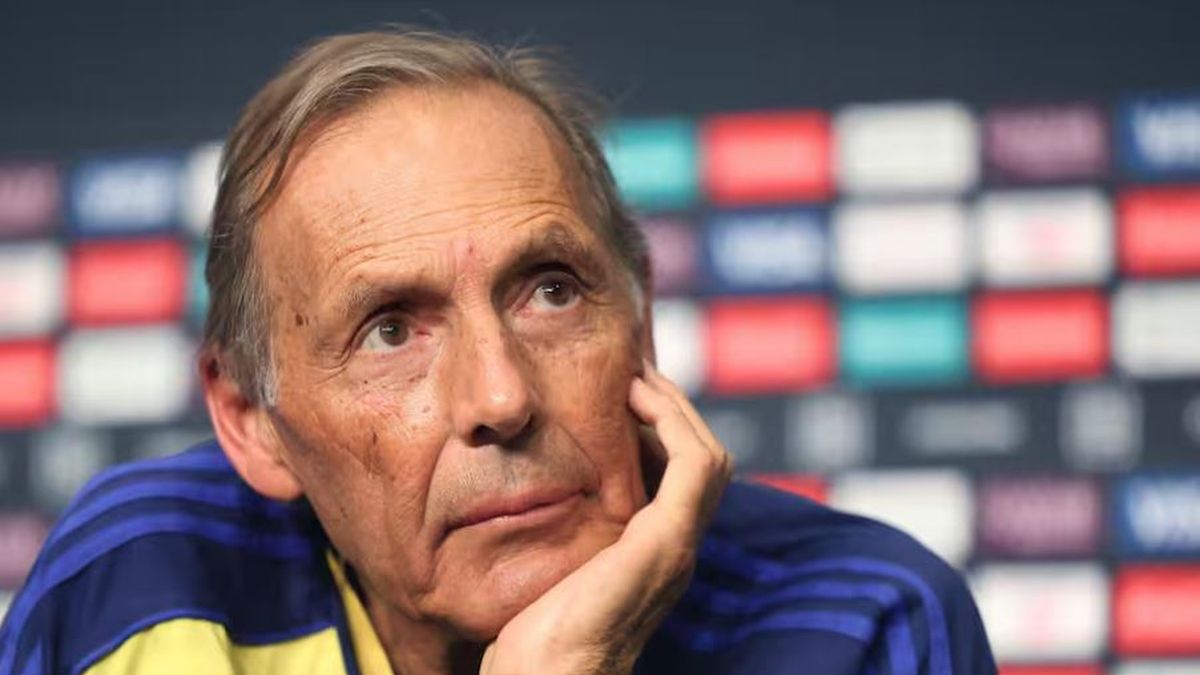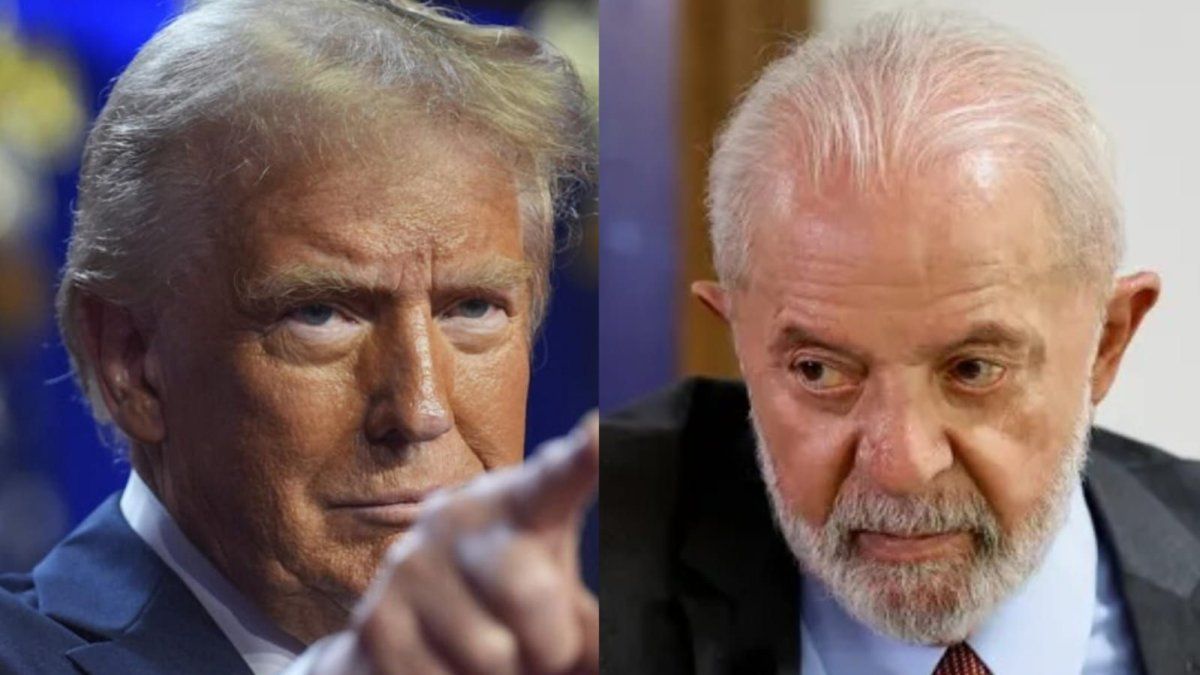More and more government regulations, less and less entrepreneurial freedom – and a changing image of companies. The employer president complains about this. Whatever that has to do with the “crime scene”.
Employer President Rainer Dulger has expressed fundamental criticism of the course of the traffic light coalition. “Distrust of the economy is increasing,” said Dulger on Tuesday in Berlin at a symposium on his 60th birthday. The state believes that the economy can be controlled down to the smallest detail. As a result, entrepreneurial freedom has increasingly diminished. This makes it more difficult for companies to assert themselves in international competition.
Dulger, for example, called for a reduction in bureaucracy. “We have to become simpler and faster.” Companies should not be overwhelmed by political ballast.
Dulger sees entrepreneurs differently
Dulger, who is an entrepreneur himself, complained about a changing image of companies. The appreciation in society has decreased. Dulger illustrated this with an example. In Sunday evening crime dramas, entrepreneurs are most often the murderers. “I can assure you that this is not the case in the real world.”
Chancellor Olaf Scholz (SPD) emphasized the importance of medium-sized businesses for Germany, describing them as the “backbone” of the economy – and then took Dulger’s saying with a wink. “And we definitely have to take up the issue of the crime scene.” He doesn’t know whether the Chancellor should complain to the television council of one or the other broadcaster. “But the picture is really wrong.”
Scholz refers to many wishes
Dulger had already attacked the government more harshly. In January he said: “Companies have lost trust in the federal government.” Germany must function again. “That’s what we want, that’s what we want. And we and especially my regional associations are now running out of patience.” Business associations have been calling for fundamental reforms for a long time, also in view of the economic downturn in Germany.
Scholz pointed out that Germany had come through the energy price crisis triggered by the Russian war of aggression well. In general, the government has pushed a lot, for example a faster expansion of renewable energies or easing the immigration of foreign skilled workers.
The government has achieved a “bouquet of wishes” from different directions, said Scholz – and listed: The government should guarantee the security of the energy supply, invest significantly more in security and defense, for the energy-intensive industry – or, best of all, for everyone Companies that subsidize energy prices. Furthermore, the government should invest significantly more money in modern transport infrastructure, in digitalization and education, reduce taxes for companies and in no way cut existing subsidies – even provide new subsidies in favor of the transformation. “And, I almost forgot: With all of this, we should of course guarantee stable government finances and adhere to the debt brake.”
But everything doesn’t work at the same time, the Chancellor made it clear. “Then we have to set priorities.” Scholz also called for a quick agreement on a growth package that is currently stuck in a mediation process between the Bundestag and the Bundesrat.
DGB wants more investments
DGB chairwoman Yasmin Fahimi called for an “investment offensive” in Germany. “Germany doesn’t have a general economic problem, but rather an investment problem,” Fahimi told the German Press Agency. “Private investments must now be stimulated with investment bonuses and contracts as well as improved depreciation options.” The state must curb energy prices and exempt them from additional duties and taxes. “There must finally be a convincing investment program for public infrastructure – for energy routes, mobility and education. A debt brake that prevents such government activities even with the lowest national debt ratio in the world and below-average government spending is therefore completely out of time.”
Source: Stern




